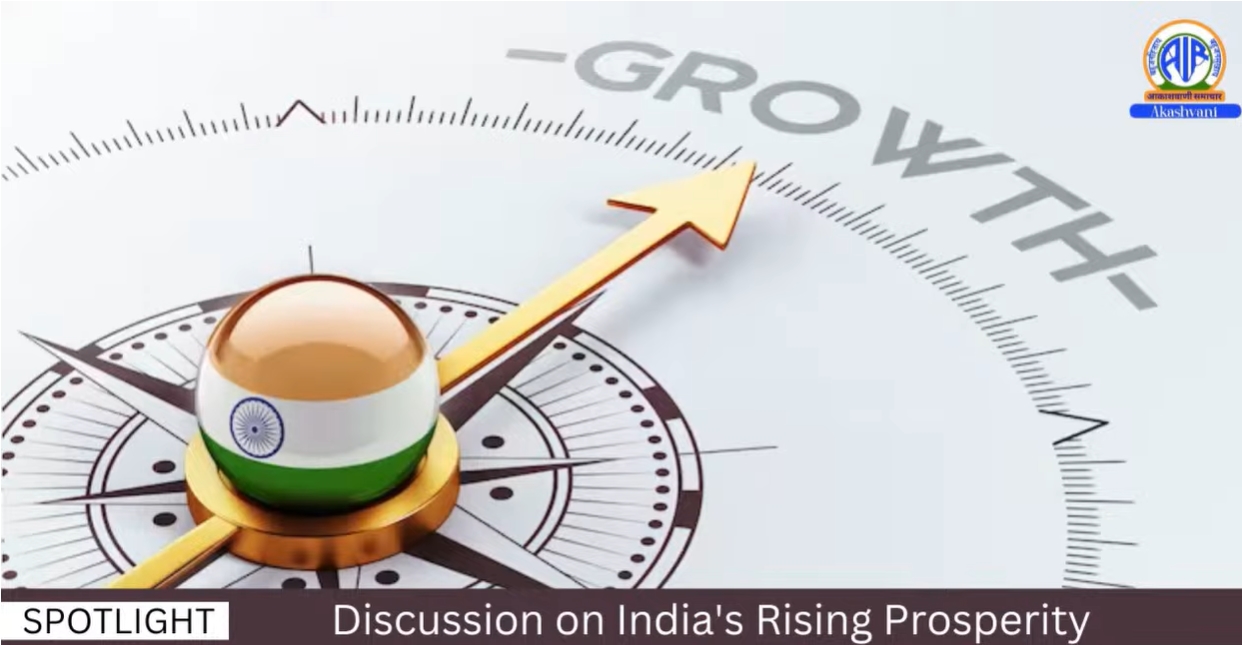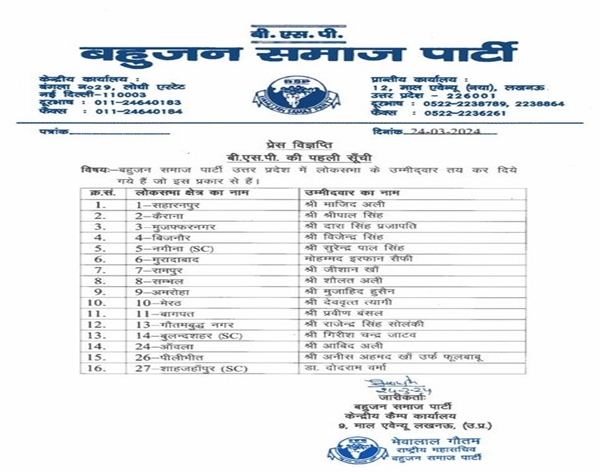In a recent episode of Akashvani's program "Spotlight," the spotlight was on India's remarkable progress towards equitable and collective prosperity. The discussion was led by Sonu Sood, Anchor, and featured Anil Padmanabhan, an Economic Analyst and Journalist, who presented fascinating insights into India's economic transformation.
The key revelation that ignited this conversation was the surge in income tax return filings, which soared to nearly 7.4 crore individuals. Padmanabhan's meticulous analysis of this data, spanning a decade, uncovered a compelling narrative about India's economic landscape.
The data not only showed a record number of tax filers but also highlighted two significant trends. Firstly, increased compliance has played a pivotal role, with greater coordination between indirect and direct tax institutions, making tax evasion more difficult. Secondly, economic activity has expanded beyond the traditional super metros of Delhi and Mumbai, with double-digit growth in tax filings seen in smaller cities and even regions like the Northeast and Kashmir.
Padmanabhan introduced the concept of T30 (top 30 cities) and B30 (beyond 30 cities) to illustrate the reach of this economic growth. He noted an uptick in tax filings, particularly in the lower end of T30 cities and among B30 cities, reinforcing the idea that prosperity is spreading across the country.
The discussion delved into the "Wealth Effect" – the phenomenon of individuals investing returns from their income into various avenues. Padmanabhan observed a substantial increase in the Wealth Effect, especially among those in the lower income brackets, signifying a growing financialization of savings.
The government's role in fostering these changes were discussed, which include initiatives like the Mudra scheme, Swanidhi scheme, Startup India, and Stand up India. These programs aim to encourage entrepreneurship and job creation, ultimately contributing to widespread prosperity.
Padmanabhan emphasized that these developments are not limited to metropolitan areas but extend to rural regions as well. He discussed the impact of schemes like the Pradhan Mantri Jan Dhan Yojana, which has provided millions of Indians access to banking services.
The discussion emphasized that formalization of the economy, increased compliance, and inclusive policies are driving India's path towards prosperity. These changes are not only benefitting the rich but also empowering those at the lower income levels, creating a more equitable economic landscape. India's transformation is a testament to the evolving mindset towards business, entrepreneurship, and financial inclusion, promising a brighter future for the nation.
Listen to full discussion at :
https://www.youtube.com/live/nYVILu1yAgM?si=E8GEayQ2M2a2xK9A














